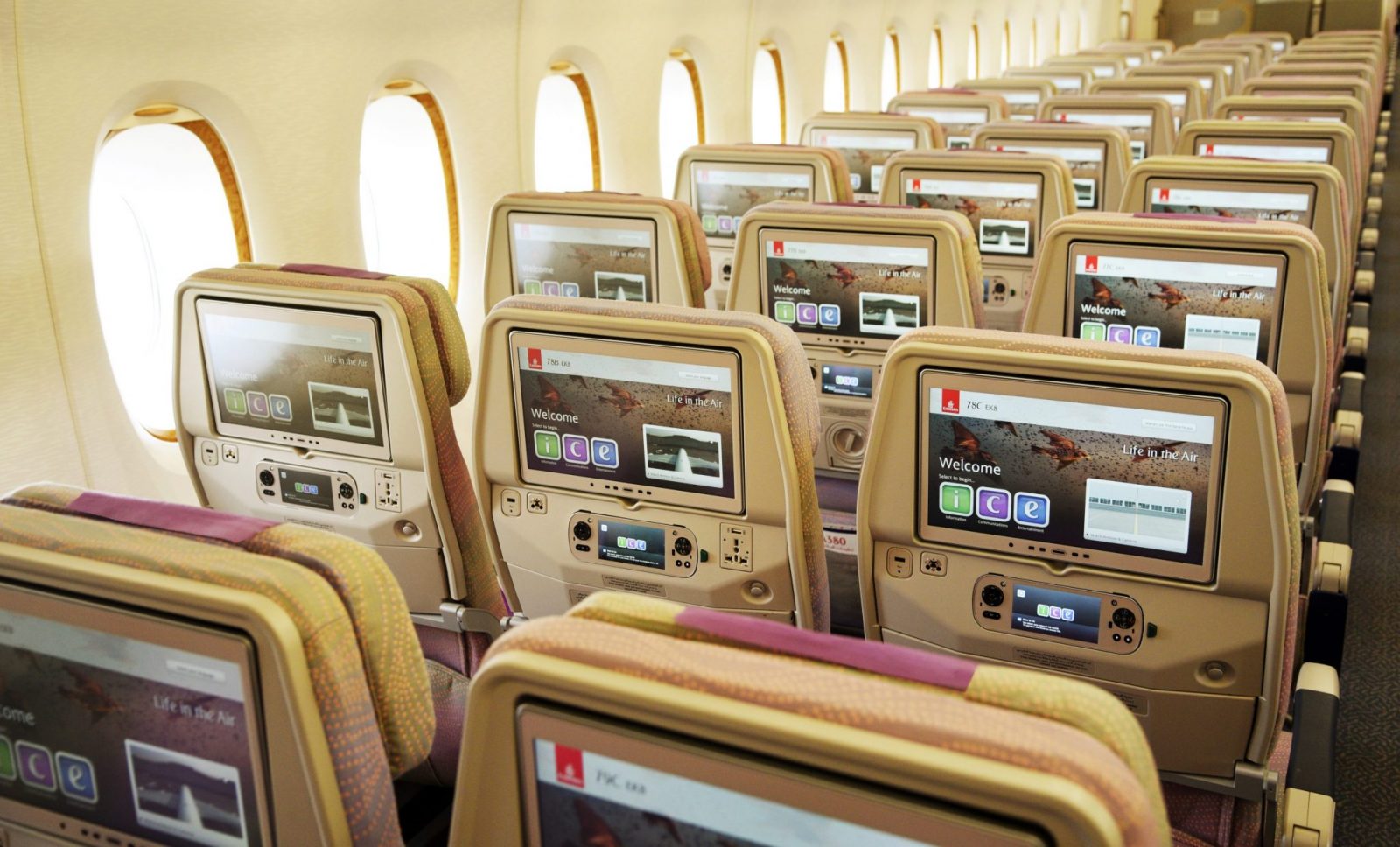
A few months a go we predicted that mega airline, Emirates would become the first airline in the Middle East to provide a Premium Economy cabin. The popular service has been widely installed across legacy European airlines and Asian carriers alike, with Tim Clark, the President of Emirates, saying his airline was actively considering a Premium Economy offer.
How wrong we were. Instead, Clark said on Thursday that Emirates was now considering something very different – a “basic economy” cabin. In an interview with travel website, Skift, Clark said the new cabin might have narrower seats and fewer services included in the base fare.
Explaining his thinking Clark said Emirates had to respond to a new type of passenger who was very budget conscious. Not that he wanted to directly compete with the likes of Norwegian Air Shuttle and Air Asia but if he didn’t do something, the new low-cost long haul carriers would continue to bite into Emirates’ market share.
“The fact of the matter is there is a whole stream of new market segments coming in that are budget conscious… I think we can adapt what we do to be able to accommodate not all of it, but some of it,” Clark commented.

So what might a Basic Economy look like on Emirates? On this matter, Clark already had quite a few ideas. Here’s a rundown of what Emirates is actively considering:
What will Emirates Basic Economy look like?
- Economy Class to be split into two or three sections – Premium Economy, Normal Economy and Basic Economy,
- Passengers in BE would have to pay for luggage and all advanced seat assignments,
- Legroom would probably remain the same but the seat width would be narrower,
- Passengers would still receive free meals but they’d have to pay for other amenities.
Premium Economy hasn’t been completely killed off with this revelation from Emirates but the airline’s signature experience may look very different in a few years than what it does today.
So how would this be implemented? Airbus, the manufacturer of the iconic A380 already has the aircraft certified to have 11 seats abreast in Economy. That’s a 3-5-3 seating configuration and yes, Emirates really is considering this. The current Economy cabin would simply be carved up with different sections and specific cabin crew to serve each section.
“…Make it slightly smaller and nobody notices the difference”
Not that Clark thinks anyone will notice (if they get the design right) – He’s what he had to say on the matter: “The trick is to get the seat design right. You get the ergonomics right, and make it slightly smaller and nobody notices the difference.”
Clark explained: “If you do go for a budget, you want to create the appearance of sameness, even though it’s not.”

Emirates is generally regarded as one of the best airlines in the world – with a brand image to match. It offers a full service, premium experience that has won it adoring fans around the world. But there’s no problem – price comparison websites.
Price comparison websites are ‘gaming’ the booking process
“The gaming going on at the moment in these booking engines is affecting what we do,” noted Clark. It’s a problem not only faced by Emirates and it’s allowing the budget carriers to steal a march on their full-service competitors. Yet Clark believes passengers want the Emirates brand even if they get less in the future.
“What we find is that people want the cheapest price but they also want our brand… They trust us, they want us, and they like us — especially the 380.”
The problem at the moment is Emirates is being forced to compete with the low-cost carriers on price but it still has all the costs of a full service airline. As a result, the passenger yield (the amount of money it makes per passenger) is still way below what the airline needs it to be. To combat the problem, Emirates already charges for some advanced seat assignments and is in the middle of a significant cost-cutting drive.
What this might mean for cabin crew remains to be seen. We know that when Emirates starts recruiting again, new cabin crew will be expected to complete their first contract working in Economy Class. Their job could be about to get much harder.
Related
Mateusz Maszczynski honed his skills as an international flight attendant at the most prominent airline in the Middle East and has been flying ever since... most recently for a well known European airline. Matt is passionate about the aviation industry and has become an expert in passenger experience and human-centric stories. Always keeping an ear close to the ground, Matt's industry insights, analysis and news coverage is frequently relied upon by some of the biggest names in journalism.







